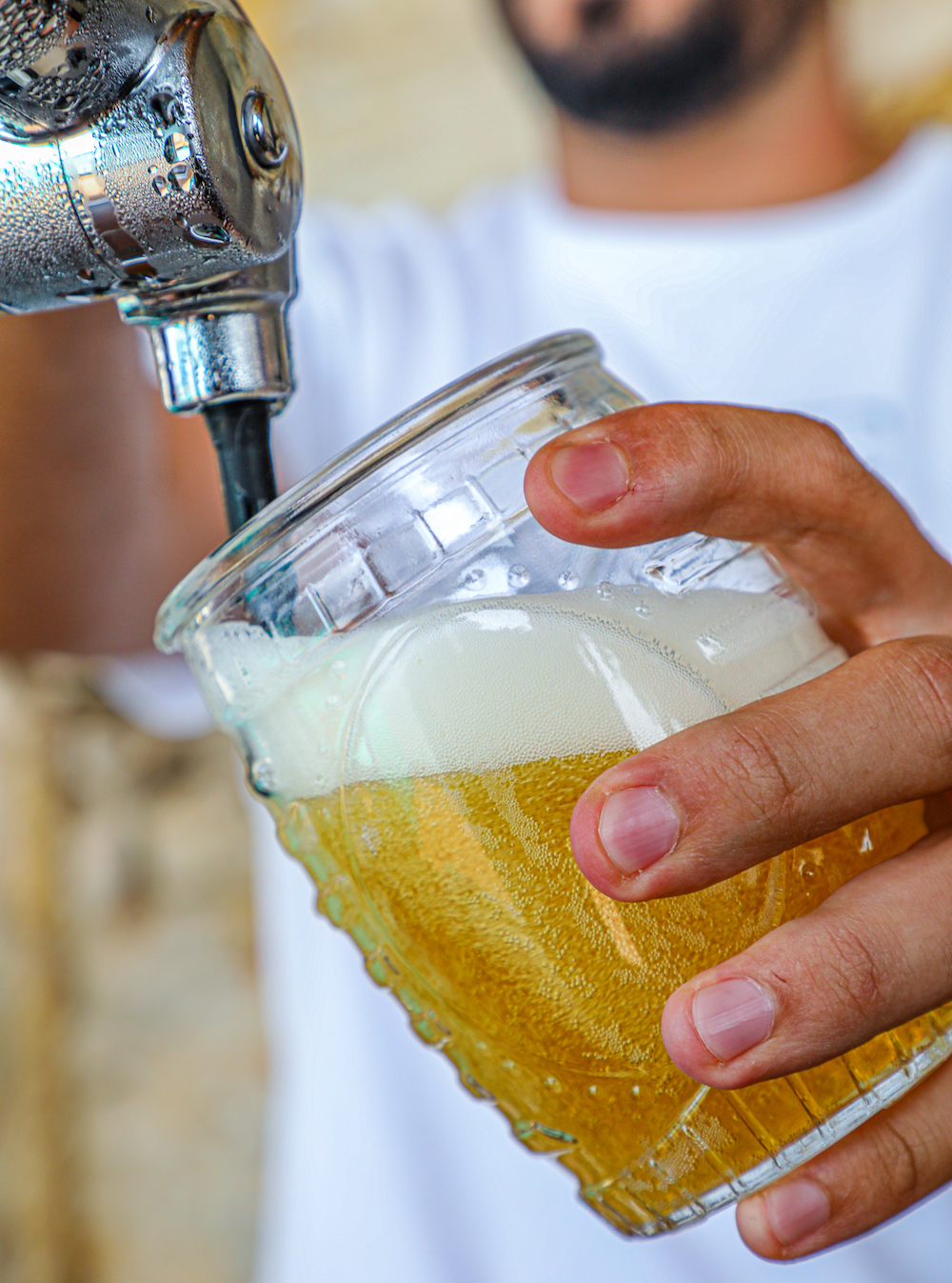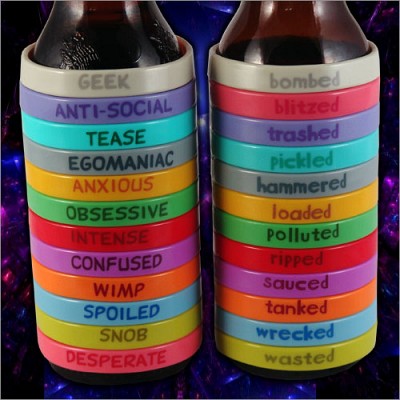Beer is one of the most consumed beverages in the world. To enhance our appreciation for it, here are some facts you might not have known about beer.
Beer is the third most consumed beverage on earth after water and tea. But even though people drink tens of thousands of barrels of it each year, there are still beer drinkers out there whose only beer knowledge consists of stating that it “tastes good.” Because knowledge enhances our appreciation, here are five things you probably didn’t know about beer.
There’s an Official Study of Beer
It’s possible to go to school to study the process of beer brewing. After all, brewing beer is effectively a large-scale chemistry experiment that you consume after you’re done. The study and practice of yeast fermentation in brewing even has a name—zymurgy. This derives from the Greek root “zymo” which means leaven or yeast.
Beer Is Old… Like Really Old
Maybe one reason why beer is such a widely consumed drink is that it has had a head start on other drinks. Some of the oldest writings on beer date as far back as five thousand years ago in Iran, Egypt, China, India, and in parts of Neolithic Europe. Many societies of the time including India, Europe, and Egypt considered beer brewing to be part of the woman’s domain, and brewers made beer with whatever grains were available.
Beer Was Once Safer Than Water
Well, in olden times it was. Nowadays, we know a lot more about water-borne illnesses than our ancestors did. Because of that, from medieval times until the mid-to-late 1800s, water wasn’t always safe to drink. But since beer is boiled as part of the brewing process, these drinks were often safer to consume than water.
Light Makes Beer Go Bad
There’s a reason that so many beer bottles are painted dark colors. When the sun’s ultraviolet rays hit beer, it reacts with a compound found in the main source of a beer’s flavor: the hops. This combination causes the compound to break down until it has the look and smell of a skunk’s spray. Nasty! The best way to avoid this is to store beer in dark areas if it isn’t already packed in dark bottles.
The True Difference Between Lager and Ale
If you drink beer, chances are you already know the difference between the two major classifications of beer. What you probably didn’t know about beer, unless you brew your own, is what makes lagers and ales different. To understand, you must learn some beer brewing terminology, namely the difference between the top and bottom-fermenting yeast.
Top fermenting yeasts, found in ales, ferment at a higher temperature, which produces more flavors. Bottom fermenting yeast, found in lagers, brews at lower temperatures, leading to that crisp taste.






































